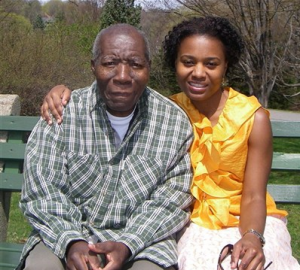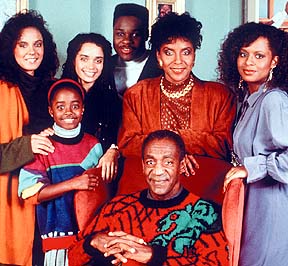In loving memory of my dad…
My father passed away a few days ago. His health had been declining for a long time, so it was not an unexpected event. Nonetheless, the melancholy felt while viewing old family photos runs deep.
Some of my happiest memories of my dad are from when I was a small child. There is a particular soundtrack to these memories: music that evokes the golden glow that covered the world as seen by my young eyes and processed by my yet-to-be-jaded mind. My dad had very interesting tastes in music; he was old school and conservative, a lover of classic country, 70s soul, vintage reggae and classical music. When I was little, the radio played almost 24-7, and my adult need for having constant music playing is due, in part, to the fact that my dad *always* had the radio on in the house and in the car.
As my father lay in an irreversible coma during the last days of his life, his body was unable to do much, but the nurse informed me the hearing is the last thing to go. I immediately went out and purchased a little cd player/boombox and a few CDs on my way to the hospital. Unable to find any Charlie Pride, or Tom Jones (two of his favorite artists) I grabbed Mozart, Puccini and Chopin compilations. As the family surrounded dad in love, prayer, laughs and memories, the music played in the background.
That is until the daft thing thing stopped working. “Daft,” as well as “what the sam hill,” is the type of polite expletive my father, a consummate gentleman, would use during stressful times, usually behind the wheel while driving through Assachusetts traffic. Unlike me, his artsy, outspoken daughter, he never swore.
Frustrated, I took the malfunctioning boombox back to the store. Fortunately, it was discovered that my son’s little boom box/radio actually did the trick, after having been written off last year as a lost cause when his scratched Sesame Street CDs refused to play. Rejoicing, I grabbed it on my way back to the hospital. The last thing dad heard in this existence was Mozart’s “Serenade in G” and “Piano Sonata No. 15 in C” playing on continual loop in the background, right by his pillow.
After dad’s soul left this plane of existence, the lyrics of a song started to play in my mind. The song’s melody was clear, but the words, heard when I couldn’t have been older than 4, were a mystery; I could only recall a few:
Baby I know. I know I could be so in love with you.
The melody evoked warm feelings of childhood joy, innocence and head-to-toe happiness, the emotions I basked in at the time of my life when those emotions ruled all.
But what the sam hill was that song?
Immediately I typed the remembered words into Google search and found the song: “Oh, Babe What Would You Say” by Hurricane Smith. Listening caused me to relive those ebullient feelings of a simpler time when a smiling, kind man with a big heart would play hide and seek with me in the living room and reward me with a Hershey bar, when he would smile at me with loving eyes and my world felt safe and warm. I wept with tears of wonder while downloading the song from iTunes. It’s been playing on continuous loop ever since.
Thank you daddy for sharing your love of music. Thank you for the wonderful memories. Thank you for being my father. It is my prayer that you enjoy the music of the One Soul forever.







